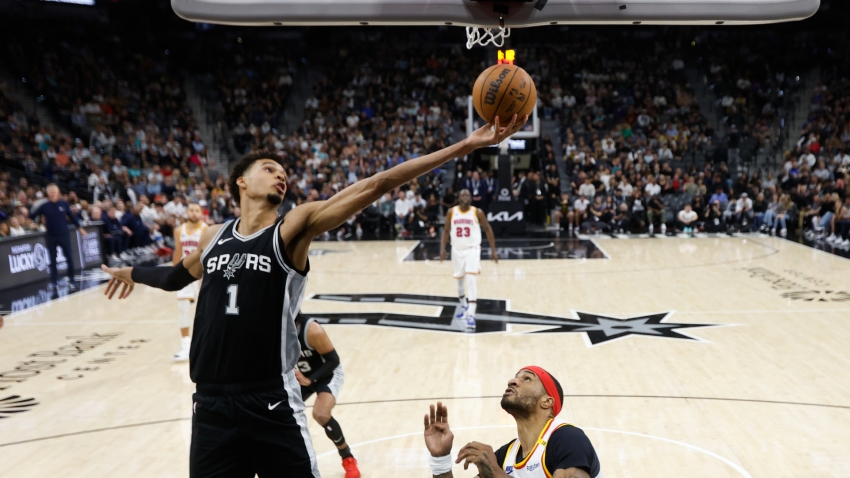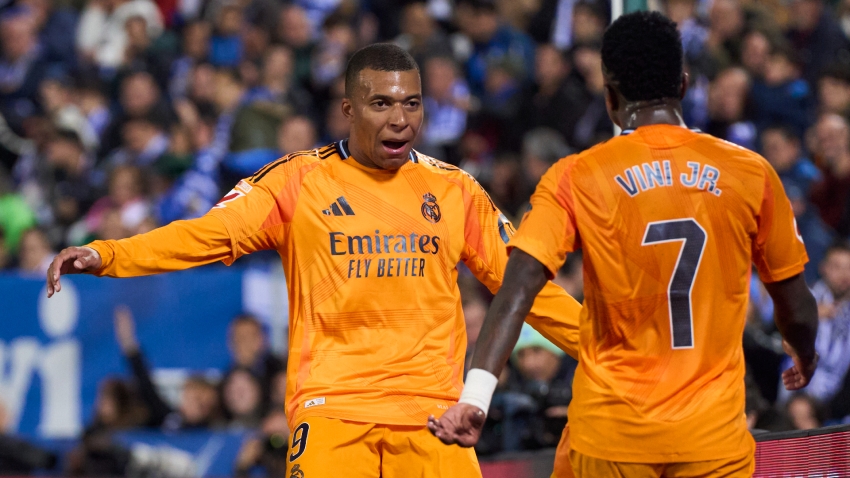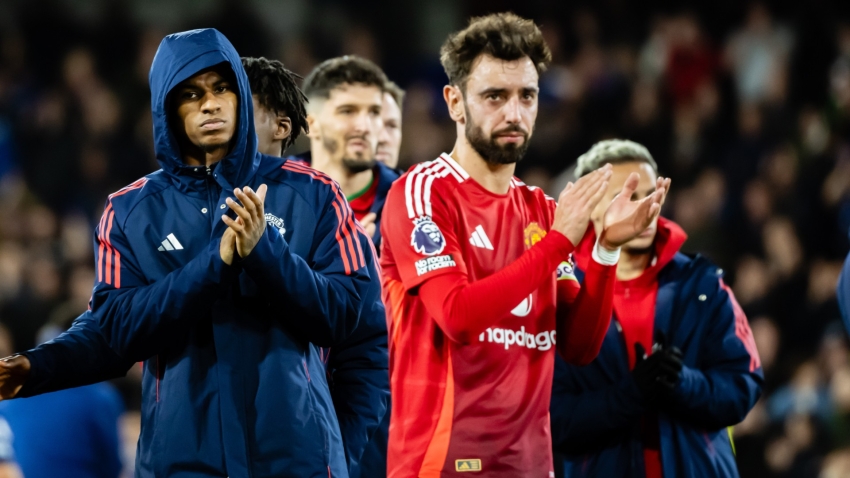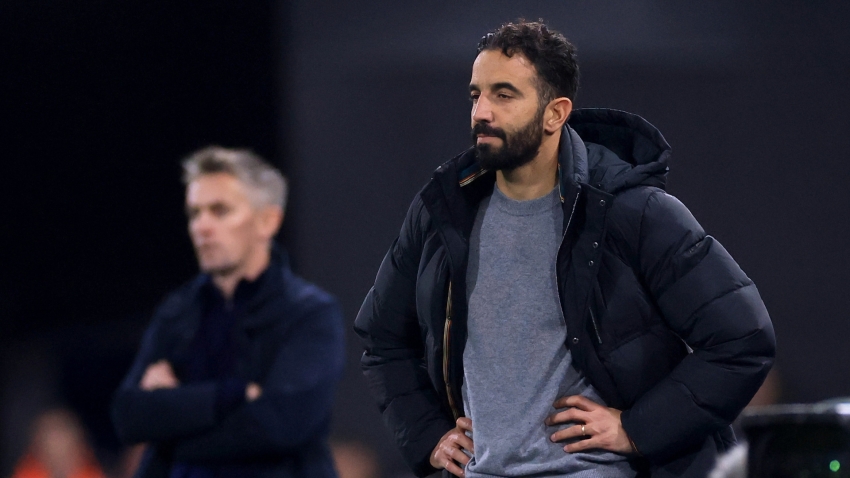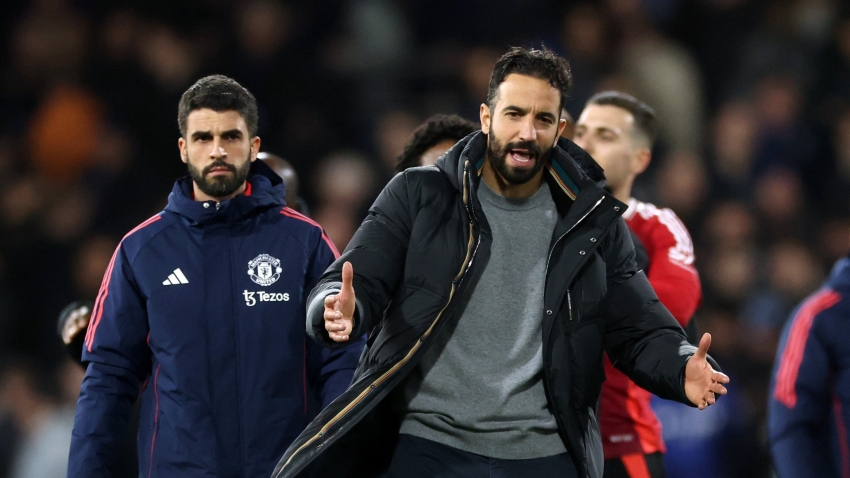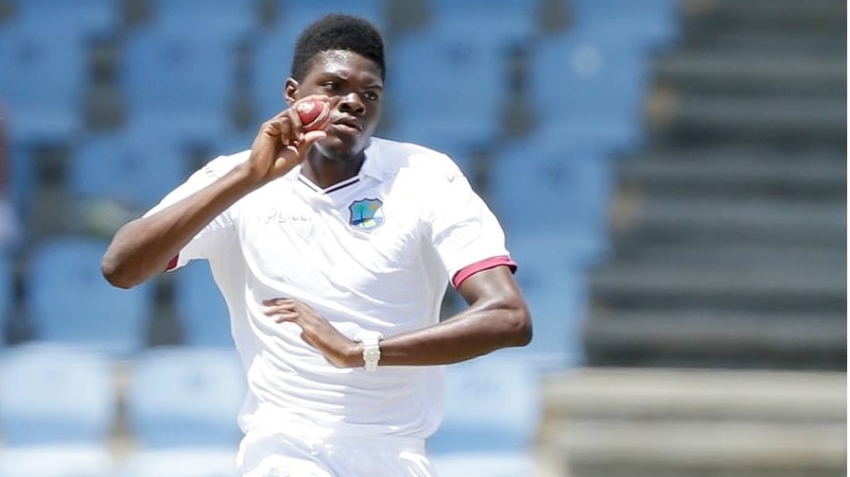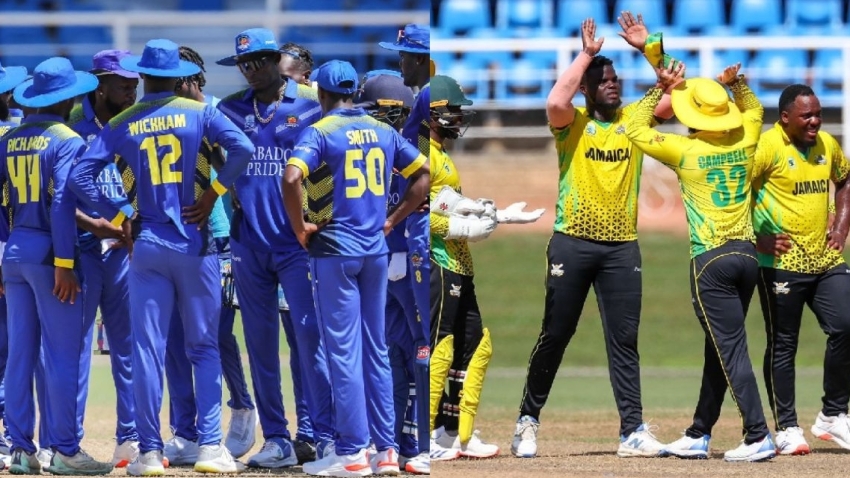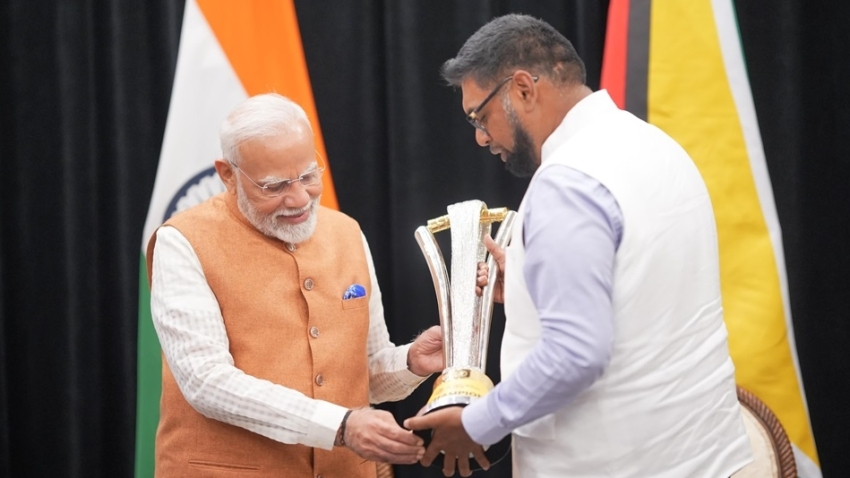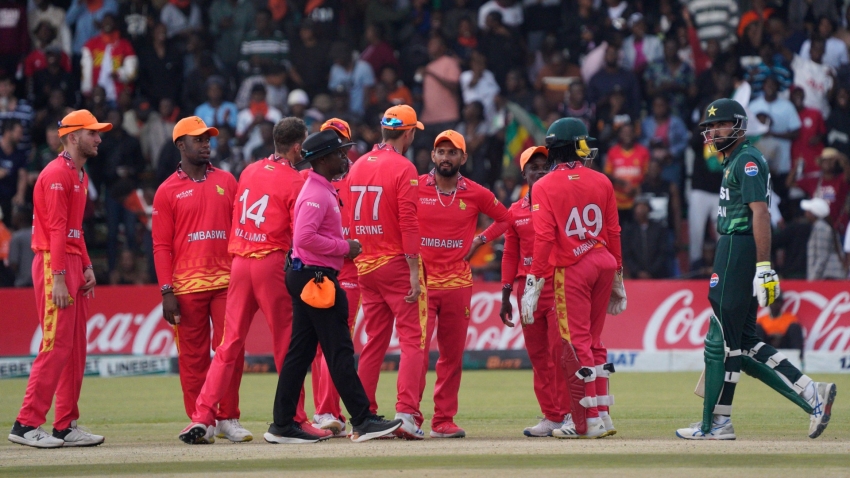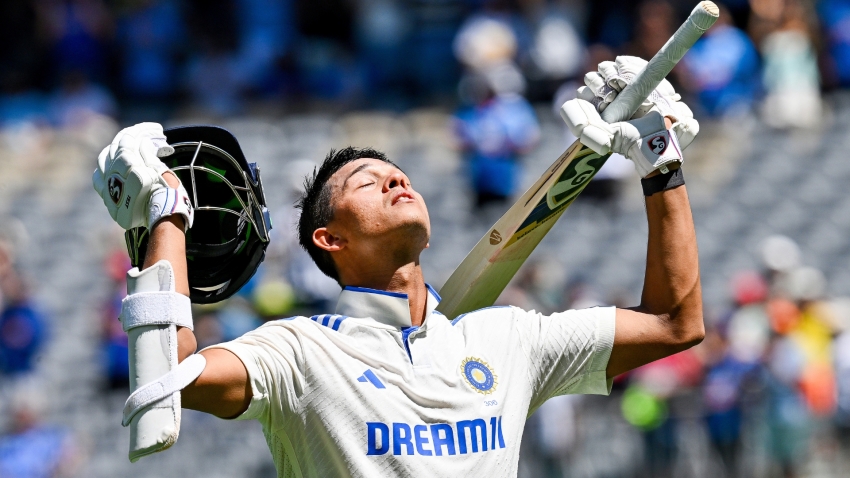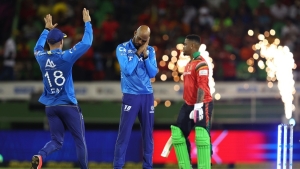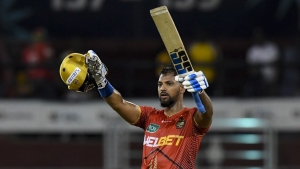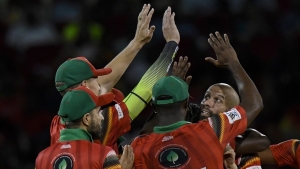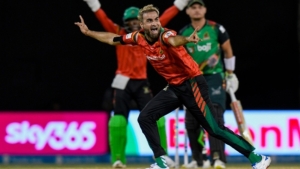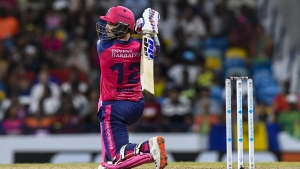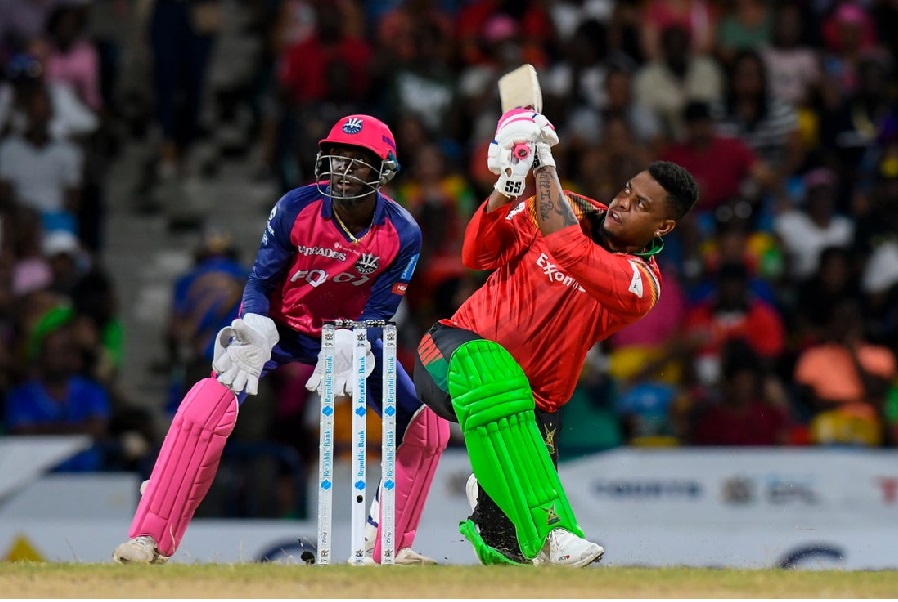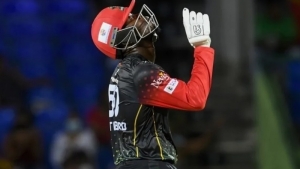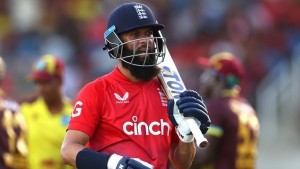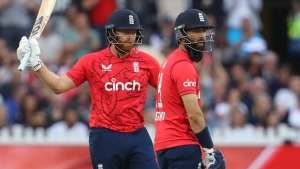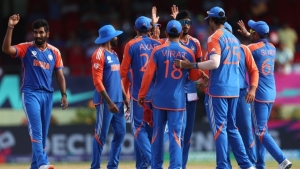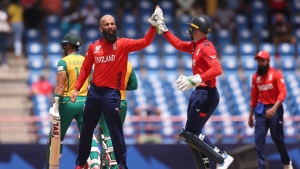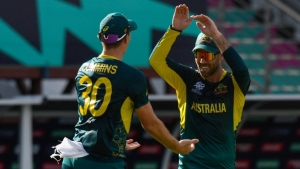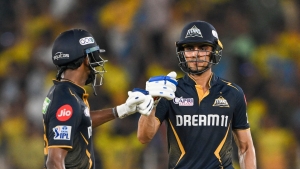Jonny Bairstow and Moeen Ali have both been left out of England's white-ball series squad, with five uncapped players named.
As Jos Buttler looks to the future, Warwickshire batting all-rounders, Jacob Bethell and Dan Mousley, have been given their first international call-ups for the three-match T20 series against Australia next month.
Essex batter Jordan Cox, Hampshire seamer John Turner and Leicestershire left-arm bowler Josh Hull, who was named as Mark Wood's replacement in the Test squad to play Sri Lanka, have also been picked.
The latter three will also be involved for the five one-day internationals that follow.
World Cup winners Bairstow and Moeen, who have been regular fixtures in England's white-ball squad for over a decade, could have made their final international appearances after being left out of the squad, with Chris Jordan also being overlooked.
Brydon Carse, however, has been recalled for both squads after serving a betting ban, while Saqib Mahmood returns for the T20 series after recovering from injury. Buttler will also be fit to feature after overcoming a calf injury.
Marcus Trescothick will lead England for the first time against Australia after being named Matthew Mott's interim replacement.
Mott left in July following England's semi-final exit to eventual champions India in the T20 World Cup, having also failed to help England defend their 50-over world title in 2023.
The first match of the T20 series will take place on September 11 at The Ageas Bowl in Southampton.
England T20 squad to play Australia:
Jos Buttler (captain), Jofra Archer, Jacob Bethell, Brydon Carse, Jordan Cox, Sam Curran, Josh Hull, Will Jacks, Liam Livingstone, Saqib Mahmood, Dan Mousley, Adil Rashid, Phil Salt, Reece Topley, John Turner.
England ODI squad: Jos Buttler, Jofra Archer, Gus Atkinson, Jacob Bethell, Harry Brook, Brydon Carse, Ben Duckett, Josh Hull, Will Jacks, Matthew Potts, Adil Rashid, Phil Salt, Jamie Smith, Reece Topley, John Turner.


